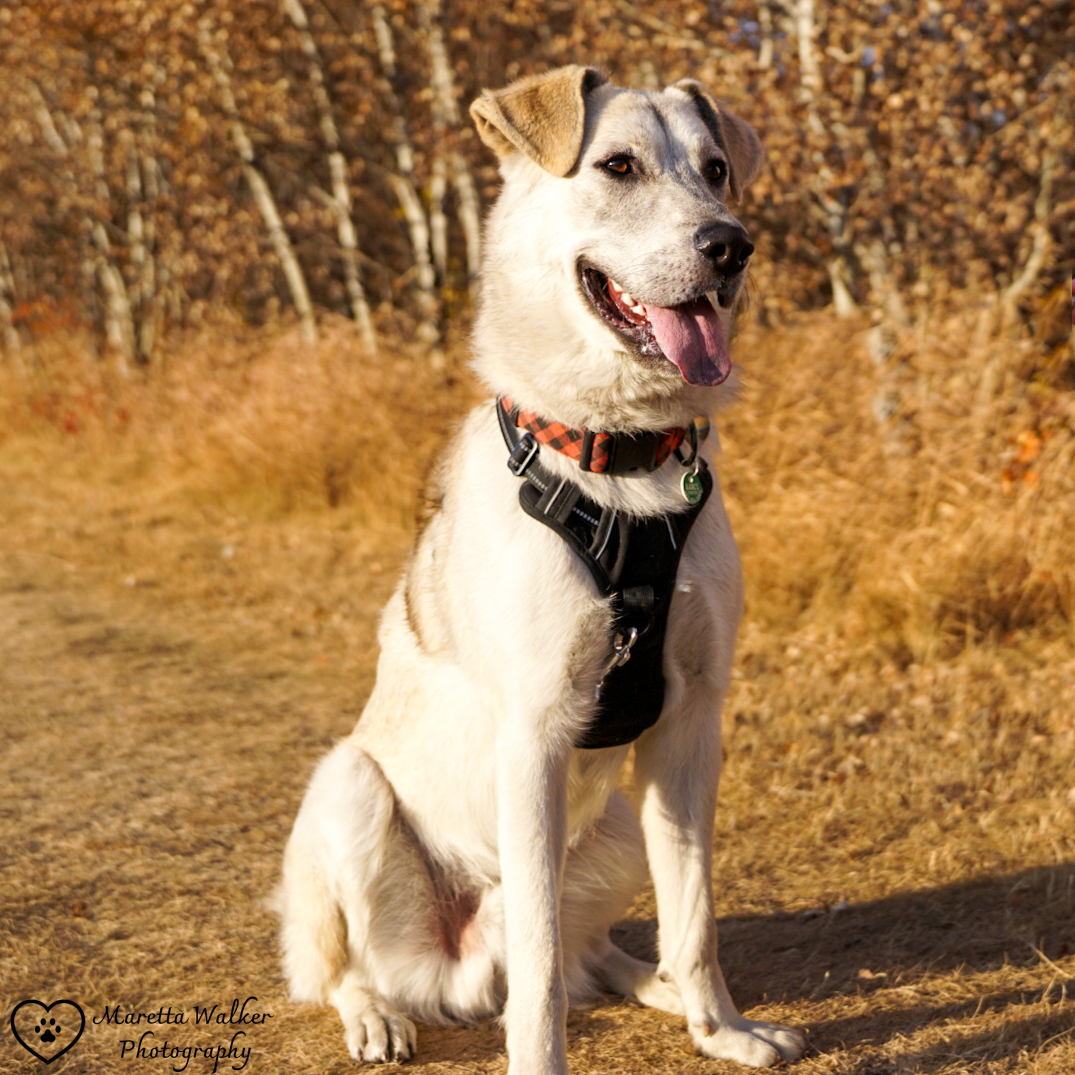Kennel cough – what is it exactly? Simply put, it’s a highly contagious respiratory disease. This illness is a nightmare for animal shelters, as dogs can contract it very easily in places where there are large amounts of dogs present. It spreads through airborne droplets, direct contact, or contaminated surfaces, which means that essentially everything has to be cleaned and disinfected when this disease rips through a shelter. Fortunately, it’s quite easy to treat and the mortality rate is very low, however in more severe cases it can be fatal.

Symptoms of kennel cough include a very noticeable cough (it almost sounds like a loud honking), but also signs associated with a myriad of other diseases, such as a runny nose, sneezing, lethargy, loss of appetite, and a fever. Once treatment of the illness has begun, typically via antibiotics prescribed by a vet, kennel cough can be treated in a week or two. In addition to medication, it’s important for a dog to get as much rest as possible during their recovery period. Some sources also recommend the use of a harness rather than a collar, as the latter can irritate the throat and prolong the recovery.
Since kennel cough is such a common illness, there is no one way to guarantee your dog will never get sick with it. That being said, there are steps you can take to reduce the chance your pup will contract the disease. This includes:
- Ensuring you always wash your hands before petting your dog if you’ve just pet another dog (that your dog didn’t already have contact with).
- If you are leaving your pet at a boarding facility, make sure to confirm that the cages are disinfected properly.
- Make sure that your dog’s vaccinations are up to date – vaccines won’t necessarily prevent kennel cough, but they will drastically reduce the symptoms and recovery period.
- If you have more than one dog and you notice one is experiencing kennel cough symptoms, immediately isolate your dog to reduce the chance that it transmitted the illness to any other dog in the household.
Ultimately, this is an illness that is significantly less worrisome than many other illnesses out there, such as parvo, rabies, and kidney disease, and it is something that can oftentimes be treated at home. Nevertheless, it’s important to monitor your pet and get them to a vet if their symptoms do not improve or worsen.

Ioana Busuioc
Blog and Website Content Creator
Got ideas for our next blog? Email me at [email protected]!
